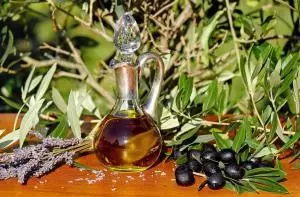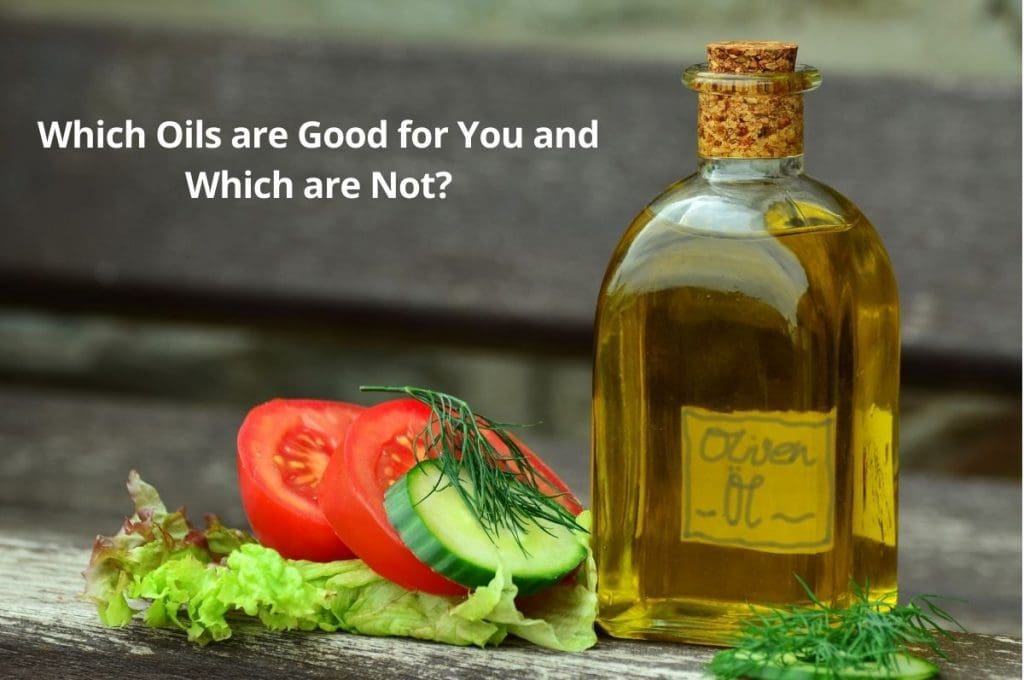 When it comes to your health, you believe you are a pretty informed consumer. You know the difference between good and bad cholesterol and understand that some fats are beneficial while others should be eaten in only small quantities. What you may not realize, however, is the range of omega-3 fatty acids on the market. Some foods contain omega-3 fatty acids that are beneficial, but other foods rich in this nutrient may have health risks that should mark them off your shopping list. Svelte Medical Weight Loss presents the following information for those who wish to better understand why your weight loss in Orlando may not be as successful as it should be.
When it comes to your health, you believe you are a pretty informed consumer. You know the difference between good and bad cholesterol and understand that some fats are beneficial while others should be eaten in only small quantities. What you may not realize, however, is the range of omega-3 fatty acids on the market. Some foods contain omega-3 fatty acids that are beneficial, but other foods rich in this nutrient may have health risks that should mark them off your shopping list. Svelte Medical Weight Loss presents the following information for those who wish to better understand why your weight loss in Orlando may not be as successful as it should be.
- Krill oil: Krill are the tiny shrimp on the lower end of the aquatic food chain, eaten by almost every other sea creature. To remove the oil from these creatures, the krill must be soaked in hexane and treated with acetone, two dangerous chemicals not meant for consumption. Krill oil contains free fatty acids, and much like the free radicals you are trying to avoid, the free fatty acids are unstable and oxidize (spoil) rapidly.
- Flaxseed oil: The omega-3 fatty acids in this popular oil are known as alpha-linolenic acids (ALAs) and do not carry an adequate quantity of eicosapenataenoic acid (EPA) and docosahexaenoic acid (DHA) found in fish oils that have anti-inflammatory properties.
- Walnuts: The antioxidant and anti-inflammatory research on walnuts have found they protect against metabolic syndrome, type-2 diabetes, certain cancers, and cardiovascular disease. Walnuts contain beneficial phytonutrients not found in many other foods.
- 100% grass-fed beef: Steer away from traditional beef’s fatty content, but four ounces of 100% grass-fed beef contains 3.5 grams of omega-3 fats, equivalent to 100% of your daily requirement. The same ALAs in flaxseed oil are present in grass-fed beef along with small amounts of EPA and DHA. The amounts will vary depending on the type of pasture and the age, breed, and health of the steer.
- Salmon: This well-documented omega-3 fatty acid source contains other health benefits beyond the high amounts of EPA and DHA found in seafood. The bioactive peptides of the proteins and amino acids in salmon may stabilize joint cartilage, control digestive inflammation, and assist in insulin uptake.
Omega-3 fatty acids are beneficial for the health of your heart and brain, regulate behavior and moods, reduce diet-induced inflammation, and increase athletic performance. Consuming the correct source of this important nutrient can improve your life and help in your diet plan. Contact the experts in weight loss in Orlando, Svelte Medical Weight Loss, at 407-804-5200 for more information on Svelte’s OmegaRx Fish Oil supplements and other products and services you can use to stimulate weight loss safely.

